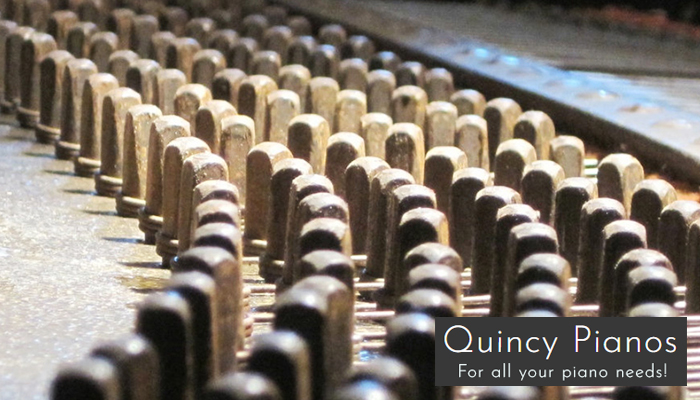Understanding the Pitch Raise Process
A pitch raise is a specialized piano tuning procedure necessary when a piano has been significantly out of tune for an extended period, typically a year or more. This condition often occurs due to factors such as extreme temperature fluctuations, excessive humidity, or neglect.
When a piano is left untuned for an extended time, the string tension gradually decreases. To restore the piano to its proper pitch, a skilled piano tuner must carefully and methodically increase the tension of all the piano strings. This process is delicate and requires expertise to avoid damaging the instrument.

To maintain a piano in optimal condition, regular tuning is needed to ensure the instrument remains in standard pitch. Fine-tuning is essential to correct any deviations and achieve the desired sound quality. Over time, factors like humidity and temperature changes can cause the piano’s tuning to fluctuate, requiring adjustments to restore the strings to their proper tension. Consistent care is crucial to preserving the piano’s stability and preventing the need for more extensive work, such as a pitch raise. By adhering to a tuning schedule, piano owners can enjoy consistent and pleasing sound, ensuring their instrument remains in close proximity to the standard tuning of A=440 Hz.
The Stress on the Piano
Retensioning piano strings places immense stress on the piano’s frame. This is why a pitch raise is complex and time-consuming. A piano is a precision instrument, and the frame is designed to withstand specific tension levels. Exceeding these limits can lead to structural damage.
To mitigate this risk, piano tuners employ specialized techniques and tools to gradually increase string tension. This careful approach helps preserve the piano’s integrity while achieving the desired pitch and maintaining the structure’s stability.
Importance of Pitch Raise and Scheduled Piano Tuning
Preventing the need for a pitch raise is crucial for maintaining your piano’s optimal condition and sound quality. This means regular tuning is essential to preserving string tension and preventing excessive fluctuations.
It is recommended to have your piano tuned at least twice a year to stabilize the pitch and prevent extreme variations. However, factors such as environmental conditions, piano usage, and the piano’s age can necessitate a change in tuning frequency.
For most homeowners, tuning your piano after moving it, or about two weeks after seasonal temperature changes, is recommended. However, if your piano is heavily used, more frequent maintenance (e.g., quarterly) may be necessary to maintain optimal pitch.
To ensure your piano maintains its peak performance, I highly recommend that you call today. I am available to answer your questions and provide professional recommendations for your instrument’s care.
The Role of a Piano Technician
A qualified piano technician possesses the knowledge and skills to perform a pitch raise accurately and safely. They understand the intricacies of piano construction and can assess the piano’s condition to determine the best course of action.
Regular piano maintenance, including tuning and pitch raises, when necessary, is crucial for preserving your piano’s value and ensuring its longevity. By entrusting your piano to a skilled technician, you can enjoy its beautiful sound for years to come.
Schedule a professional pitch raise or tune-up
Let’s restore your piano’s beautiful sound.
Call me and schedule your appointment today.